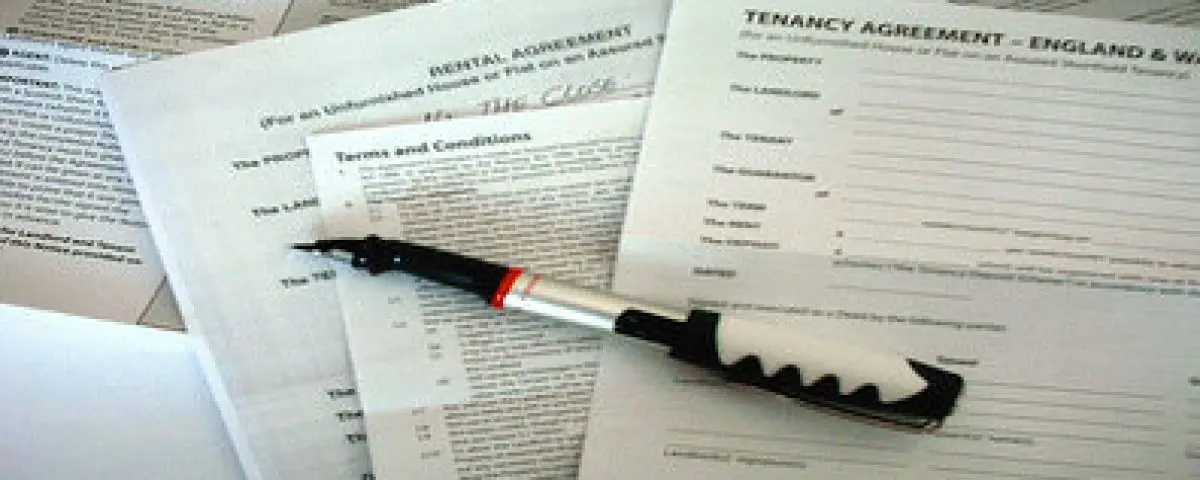
When you make an investment as big and as important as property, it makes sense to do everything you can to maintain that property and therefore, your investment, right?
One important, often overlooked aspect of income property ownership is regular inspection.If a tenancy is going to go wrong, you should be able to tell within the first 3-6 months.
RULES AND GUIDELINES
There are rules and guidelines that vary from province to province when it comes to income property inspection. You can find out more by visiting your province’s website, in Ontario it’s https://www.sjto.gov.on.ca/ltb/ or asking a real estate lawyer.
INFORM THE NEW TENANTS
When you are in the process of finding suitable tenants it is wise to inform potential tenants that you intend to inspect the property regularly, before they sign the lease. This tactic will scare away any undesirable tenants that may not be planning to give your property the respect it deserves. And working a clause into your lease agreement wherein you maintain the right to inspect the property monthly when you come to pick up the rent will do the same.
Inspecting your property is important to send the message to your tenant that you care about the condition and maintenance of your property and will compel them to take better care of it in order to avoid conflict or eviction.
MAINTAIN OPEN COMMUNICATION
If you maintain a friendly and respectful relationship with your tenants and they have nothing to hide, then you can turn your monthly inspection into a friendly visit to see if everything is ok. If after 3 to 6 months you grow to trust your tenants you can decide to inspect less often, say quarterly or semi-annually.
If at any point you come across a situation when you are unhappy with the condition of the property, don’t panic. Simply sit down with them and calmly explain what you would like them to improve on and why and then provide them with the same in writing.
Many, many property investors don’t regularly inspect their property. In most cases everything turns out fine, but those poor few people who are left with a property in less than desirable condition and end up having to pour their hard earned money into repairing the damage are left with a feeling of lingering regret for not taking the time and effort to be diligent about protecting their investment. Better safe than sorry.
This minor inconvenience may seem unnecessary to some but can often prove to be time well spent in the long run.
